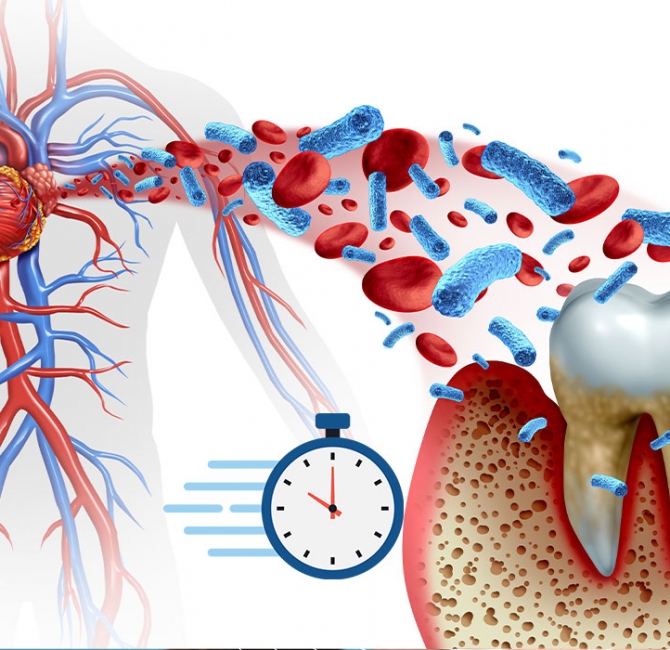Key messages:
- Young people exposed to adverse childhood experiences, such as bullying and abuse, are at greater risk of poor oral health.
- Oral health professionals should inquire about negative experiences to understand the underlying causes of poor oral health.
- Creating a safe environment where young clients feel comfortable sharing their habits and experiences is crucial.
- Oral health professionals are mandated by law to promptly report any concerns about child abuse or neglect.
Introduction
Adverse childhood experiences (ACEs) are potentially traumatic events that occur before 18 years of age and can include physical abuse, sexual abuse, emotional abuse, neglect, household dysfunction, and bullying. Studies have consistently shown ACEs are associated with health risk behaviours and poor health, including unfavourable oral health behaviour and poor oral health.
Objective
This cross-sectional study explored the associations of specific and cumulative ACEs with caries and toothbrushing frequency in a Norwegian adolescent population.
Methods
The study involved 6,351 adolescents aged 13-17 years from the Young-HUNT4 Survey. Clinical data were obtained from participants’ dental health records. Oral health outcomes were toothbrushing frequency and dentin and enamel caries experience. ACE exposure variables included physical abuse, sexual abuse, witnessing violence, parental separation or divorce, parental alcohol use, and bullying. Negative binomial regression models were used to analyze the associations between the various ACEs and caries, and logistic regression analyses were used to assess associations with toothbrushing frequency. Potential effect modification by age was assessed using a likelihood ratio test.
Findings
Adolescents exposed to physical abuse, sexual abuse by peers, parental separation or divorce, bullying, or who had witnessed violence were more likely to report not brushing their teeth daily compared with those with no ACE exposure. For each additional ACE exposure, there was a 30% higher likelihood of not brushing their teeth daily. Similarly, experiencing more ACEs was associated with higher dentin and enamel caries. The impact of ACEs on dentin caries was influenced by age (13-15 vs. 16-17 years). Furthermore, bullying was associated with a higher likelihood of not brushing teeth daily and increased dentin caries experience among 16-17-year-olds.
Conclusions
ACEs may have lasting effects on oral health and oral self-care. This study found several specific ACEs were associated with not brushing teeth daily and higher caries in Norwegian adolescents.



